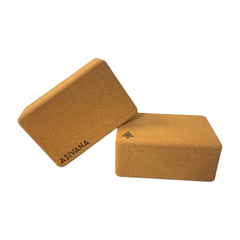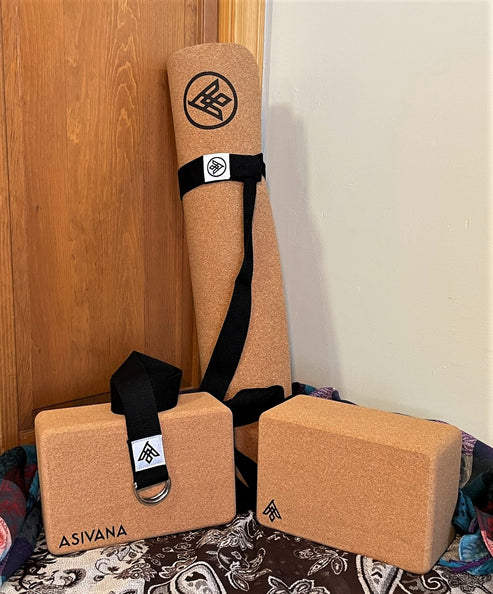What is Recovery Yoga?
Jack UtermoehlShare
Recovery yoga is a specialized form of yoga designed to support individuals healing from addiction, trauma, stress, and mental health challenges.
It integrates gentle asana (physical postures), pranayama (breathwork), meditation, and mindfulness to promote emotional regulation and spiritual connection.
Unlike other yoga styles that may focus on fitness or flexibility, recovery yoga emphasizes a compassionate, non-judgmental approach to personal healing.
It’s often used in tandem with traditional recovery programs, such as 12-step work, therapy, or trauma recovery modalities, to create a more complete path toward well-being.
Origins of Recovery Yoga
While the principles of yoga date back thousands of years, recovery yoga as a distinct approach emerged in recent decades.
It draws from ancient yogic teachings and integrates them with modern therapeutic frameworks, including cognitive-behavioral therapy (CBT) and trauma-informed care.
Recovery yoga is grounded in the understanding that true healing involves the mind, body, and spirit. It recognizes that recovery is not just about abstinence—it’s about restoring wholeness, building resilience, and nurturing self-awareness through intentional practice.
Yoga Essentials for Your Practice
Support your yoga journey with high-quality, sustainable props designed for comfort and stability.

Crafted from eco-friendly cork for durability and a comfortable practice.
$24
Shop Now
Includes everything you need to get started: a mat, blocks, and a yoga strap.
$120
Shop NowRecovery Yoga Practice
The practice of recovery yoga varies depending on the setting and the needs of the individuals involved, but key elements typically include:
- Asanas: Accessible postures that promote relaxation, release tension, and support somatic healing.
- Pranayama: Breath control techniques to soothe the nervous system, manage anxiety, and cultivate presence.
- Meditation: Mindfulness-based tools for grounding, emotional clarity, and spiritual connection.
- Therapeutic Elements: Techniques such as guided visualization, self-inquiry, journaling, and cognitive reframing.
- Community Support: A core aspect of many recovery yoga programs is the shared group space—often centered on trust, empathy, and mutual respect.
Common Poses: Child’s Pose (Balasana), Cat-Cow (Marjaryasana–Bitilasana), Legs Up the Wall (Viparita Karani), Seated Forward Fold (Paschimottanasana), Corpse Pose (Savasana)
Recovery Yoga Suitability
Experience Level: Beginner-Friendly / Mixed Level
Physical Demand: Gentle Movement
Mind-Body Engagement: Primarily Meditative
Adaptability: Highly Adaptable
Focus Area: Stress Relief, Emotional Healing, Mental Health Support
Notes on Recovery Yoga
Recovery yoga supports long-term healing by helping individuals reconnect with their bodies, manage cravings, and release stored emotional pain.
It fosters emotional literacy, inner resilience, and compassion—while improving sleep, increasing vitality, and supporting overall well-being.
Similar Styles
Restorative Yoga, Therapeutic Yoga
Equipment Needed
Required: None
Nice to Have: Yoga Mat, Bolster, Blanket
Optional: Yoga Blocks, Eye Pillow, Meditation Cushion
References
Programs
Yoga of 12-Step Recovery (Y12SR): Founded by Nikki Myers, this model combines 12-step principles with yoga and meditation in a group format.
The Prison Yoga Project: Brings trauma-informed yoga and mindfulness practices to incarcerated populations.
Kripalu Center for Yoga & Health: Offers retreats and certifications for yoga-based recovery approaches.
Books
Yoga For Recovery: A Practical Guide for Healing by Michael Huggins & Andrew Moore
Yoga of Recovery by Durga Leela






